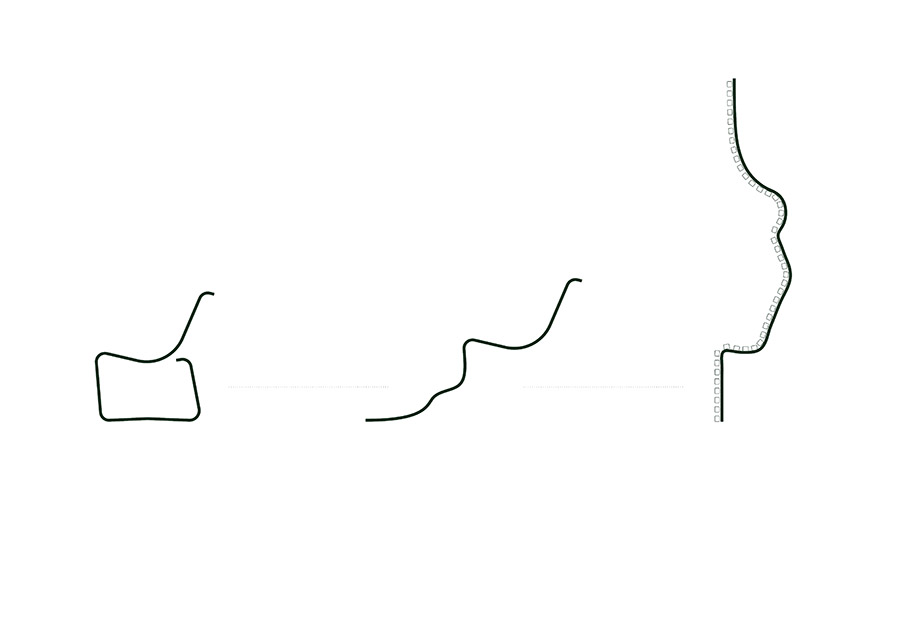Viggo Flyborg

Historically, sleep was a collective act, aligned with nature’s rhythms. With industrialisation, our way of resting changed; work demanded a consolidated night’s sleep, and the bedroom became a private sphere. Today, sleep is strongly linked to performance, and the lack of recovery leads to stress and exhaustion. Work-related mental health issues are the leading cause of long-term sick leave in Sweden, while fatigue has become something we hide.
Rest has been privatised, accepted only at home, behind closed doors. Sleeping in public is considered abnormal, making the widespread fatigue and stress many experience invisible. But what happens if we integrate rest into urban spaces?
I want to explore new ways of enabling public recovery by creating rest modules; places where people can take short breaks without feeling exposed. By reshaping our perception of sleep, we can challenge the systems that exhaust us and foster a culture where rest is a natural part of daily life, regardless of location.